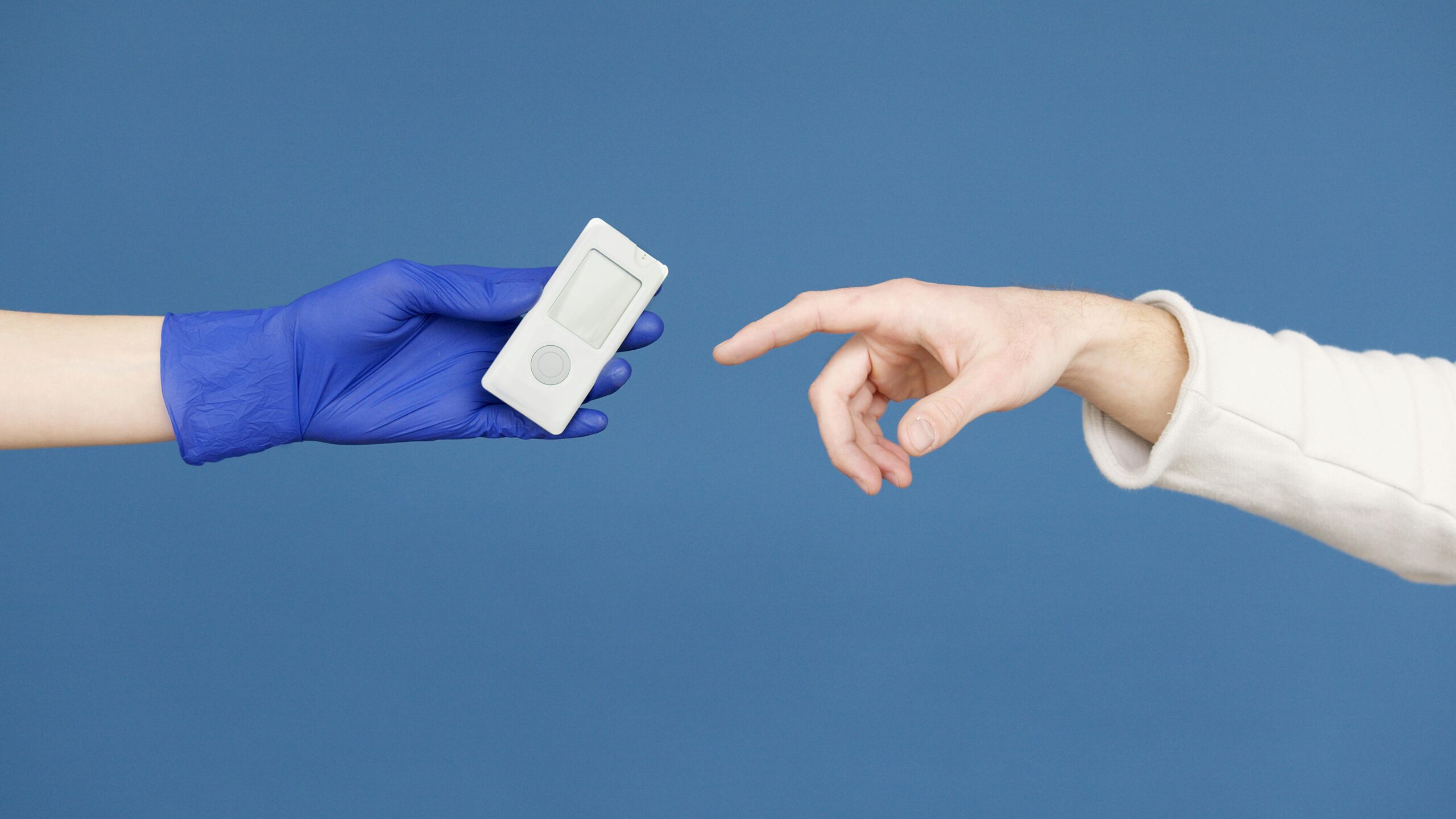Diabetes is one of the fastest-growing health conditions in the world, affecting millions of people. If you’re here, you’re probably looking for answers to questions like: “Is it possible to reverse prediabetes?”, “What are the best treatments for diabetes?”, or “How can I prevent this condition?” This article is a comprehensive guide, packed with scientific information, practical tips, and proven strategies to help you understand and manage diabetes. Get ready to discover everything you need to know about diet, treatment, prevention, and more. Let’s dive in!
Contents
- 1 What is Diabetes? Understanding the Disease
- 2 10 Warning Signs of Diabetes You Can’t Ignore
- 3 Is It Possible to Reverse Prediabetes? Science Says Yes
- 4 The Best Foods to Control Diabetes
- 5 Treatments for Type 1 and Type 2 Diabetes: What Works?
- 6 How to Prevent Diabetes: A Practical Guide
- 7 Chart: Normal Blood Sugar Levels
- 8 Conclusion: You Have the Power to Control Diabetes
What is Diabetes? Understanding the Disease
Diabetes is a chronic condition that occurs when the body cannot produce enough insulin or use it effectively. Insulin is the hormone responsible for regulating blood glucose (sugar) levels. When this process fails, sugar builds up in the bloodstream, leading to serious complications such as heart disease, kidney damage, and vision problems.
There are two main types of diabetes:
Type 1 Diabetes: An autoimmune condition where the body attacks insulin-producing cells in the pancreas. It is usually diagnosed in children and young adults and requires daily insulin injections.
Type 2 Diabetes: The most common type, associated with lifestyle, obesity, and aging. The body still produces insulin but doesn’t use it properly.
Additionally, there is prediabetes, a condition where blood sugar levels are elevated but not high enough to be classified as diabetes. The good news? Prediabetes can be reversed with lifestyle changes.
10 Warning Signs of Diabetes You Can’t Ignore
Before we dive into treatments and prevention, it’s crucial to recognize the warning signs of diabetes. Many people live for years without knowing they have the condition. Here are the 10 most common symptoms:
Excessive thirst
Frequent urination
Constant fatigue
Blurred vision
Slow-healing wounds
Tingling in hands or feet
Unexplained weight loss
Extreme hunger
Dry, itchy skin
Frequent infections
If you’ve noticed some of these symptoms, it’s time to take action. But don’t worry—we’ll show you how to manage and even reverse this condition.
Other symptoms listed by the CDC – https://www.cdc.gov/diabetes/signs-symptoms/index.html
Is It Possible to Reverse Prediabetes? Science Says Yes
Yes, it is possible to reverse prediabetes! Studies show that lifestyle changes can reduce the risk of developing type 2 diabetes by up to 58%. Here are the proven strategies:
Weight Loss: Losing just 5% to 7% of your body weight can make a significant difference.
Healthy Eating: Focus on whole foods, vegetables, lean proteins, and healthy fats.
Physical Activity: At least 150 minutes of moderate exercise per week.
Regular Monitoring: Keep track of your blood glucose levels frequently.
A helpful analogy: Think of prediabetes as a warning light on your car’s dashboard. If you ignore it, the problem could get worse. But if you act quickly, you can prevent further damage.
The Best Foods to Control Diabetes
Diet is one of the most powerful tools for managing diabetes. Here’s a list of foods that help regulate blood sugar levels:
| Food | Benefit |
|---|---|
| Leafy greens | High in fiber and low in carbs, they help control glucose. |
| Fatty fish | Rich in omega-3s, they reduce inflammation and improve heart health. |
| Whole grains | Release energy slowly, preventing blood sugar spikes. |
| Nuts and seeds | Healthy fats that improve insulin sensitivity. |
| Cinnamon | Studies suggest it can reduce fasting blood sugar levels. |
Including these foods in your diet can be a game-changer. But remember: balance is key.
Treatments for Type 1 and Type 2 Diabetes: What Works?
Diabetes treatment varies depending on the type. Let’s explore the most effective options:
Type 1 Diabetes
Insulin Therapy: Daily injections or insulin pumps.
Continuous Monitoring: Glucose sensors to track levels in real time.
Diet and Exercise: Support control but do not replace insulin.
Type 2 Diabetes
Medications: Such as metformin, sulfonylureas, and SGLT2 inhibitors.
Lifestyle Changes: Diet, exercise, and weight loss.
Bariatric Surgery: In cases of severe obesity, it can lead to diabetes remission.
How to Prevent Diabetes: A Practical Guide
Preventing diabetes is easier than you think. Here are 5 simple steps:
Maintain a healthy weight
Adopt a balanced diet
Exercise regularly
Avoid smoking and excessive alcohol
Get annual check-ups
Think of it as an investment in your future health. Small changes today can prevent big problems tomorrow.
Chart: Normal Blood Sugar Levels
| Condition | Fasting Glucose (mg/dL) | Postprandial Glucose (mg/dL) |
|---|---|---|
| Normal | 70-99 | Less than 140 |
| Prediabetes | 100-125 | 140-199 |
| Diabetes | 126 or higher | 200 or higher |
Monitoring these levels is essential for diabetes management. Use a glucometer to keep track of your health.
Conclusion: You Have the Power to Control Diabetes
Diabetes doesn’t have to be a life sentence. With the right information and an action plan, you can prevent, manage, and even reverse this condition. Remember: every small step counts. Start taking care of your health today, and share this article with someone who might benefit from it too.
References
American Diabetes Association. (2023). Standards of Medical Care in Diabetes.
World Health Organization. (2023). Global Report on Diabetes.
Harvard Medical School. (2023). The Best Foods for Diabetes Control.
This article was created to inform and inspire. If you have questions or need personalized guidance, consult a healthcare professional. Your journey to a healthier life starts now!





